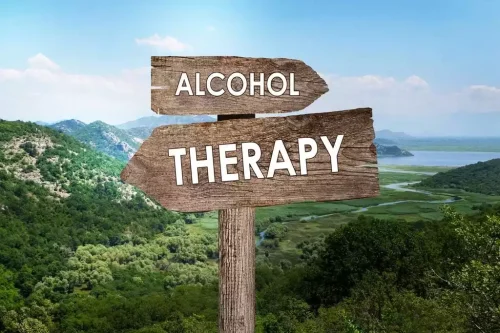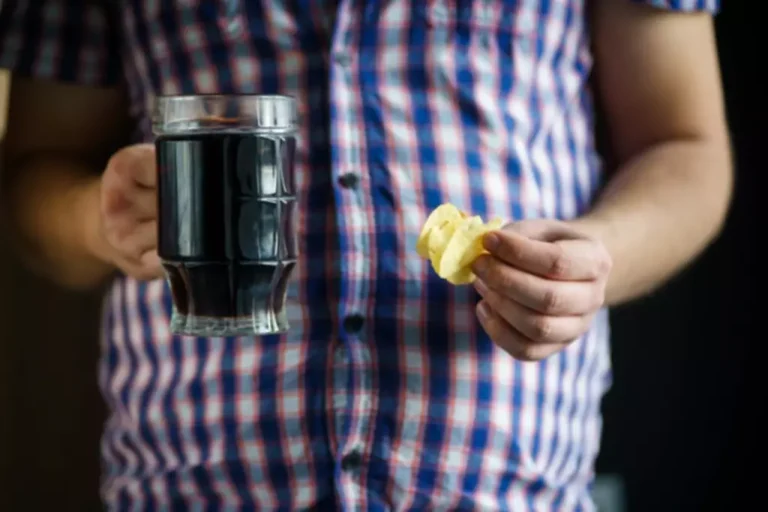
For the vast majority of people, the physical symptoms of alcohol withdrawal have passed by day seven. For many, the first day of abstinence usually follows a day of very heavy alcohol consumption—either a binge or a multi-day bender. If you used alcohol as a form of stress-relief in the past, it’s important to replace drinking with healthier forms of coping and self-care. Building coping skills can help you tackle cravings and challenges without drinking. Plus, self-care routines can help incorporate time for self-compassion, mindfulness, and rest into your journey. Disulfiram, also known by the brand name Antabuse, was the first medication approved for treating alcohol use disorder.
Get Support
“Throat still hurts a bit from the vomiting, still sweating and clammy, can’t sleep, have a bit of heartburn/indigestion. Visiting the toilet is becoming less frequent. Even managed to get a small meal in.” “Shaking so bad I can hardly type, can barely stand up, can’t eat or sleep. Might be time for a trip to the ER.” If you or someone you love is struggling with addiction, please reach out for help. There are a few things you can do to make the early stages of sobriety more manageable. If we’ve spent any amount of time playing with our brain chemistry, we can expect things to be a little out of whack when we stop. Anger is a normal and natural emotion, but how you deal with it will make a difference in maintaining your recovery.
- If you’re now in the process of quitting drinking and you’re noticing symptoms like this, make sure to get in touch with Clean Recovery Centers or your nearest medical professional to be evaluated as soon as possible.
- Alcohol, as we know, lowers your inhibitions and clouds your judgement.
- I tried natural sleep supplements and acupuncture, but neither worked.
- If someone is in recovery, they might feel more of a temptation to drink again than normal.
- On the other hand, moderation may be more suitable for those without a history of alcohol addiction or dependence, allowing them to enjoy the occasional drink without compromising their health.
Tips to Stay Sober
- Those who relapse due to their own faulty thinking have said that it was much tougher to deal with their addiction the second time.
- Usually there’s a similar number of calories, all of which are empty and primarily made up of sugar, in wine or beer as there is in semi-skimmed milk or orange juice.
- Regardless of where Club Pillar members meet for their first date, the founder says there’s already some of the awkwardness removed because both parties don’t have to worry about explaining their sobriety.
“I think I’ve seriously damaged my brain. Maybe a seizure. Sudden sharp pains in the head. Visual, auditory, and tactile hallucinations. Confusion. Couldn’t walk right.” However, you may be surprised at the quality of friendships you develop early in recovery. Most folks in long-term recovery credit the quality of their relationships as having a major part to play in their success, even avoiding sneaky relapses when things are going well. It’s important to remember that just because we’re highly focused on a recovery-based peer group now, doesn’t mean it has to stay that way forever. For instance, whereas an opiate user may find it almost impossible to sleep or eat, a cocaine user may find that they experience ravenous hunger and feel perpetually exhausted.

Alcohol Withdrawal Symptoms
The rebound effects of alcohol can also lead to anxiety and mood changes the following day, a side effect termed “hangxiety.” Getting sober is when someone stops using an intoxicating substance. It can include a medically supervised detox, various forms of treatment including therapy and 12-step programs, and calling upon family, friends, and professionals for additional support. Early sobriety may come drinking again after sobriety with feelings of fatigue and the stress of dealing with challenges (people, places, and things that stimulate the urge to use). It’s impossible to know how you’ll react and how your life will change when getting and staying sober. I have a number of patients who come to me on anti-acid drugs, antidepressants and blood pressure lowering drugs, but when they stop drinking they don’t need any of them.

Step 3: Find the Right Treatment Program
Likewise, if you have not previously completed alcohol rehab after alcohol detox, you should consider this as a way to increase your chances of long-term sobriety. If you are reading this advice because you’ve reached a milestone in your sobriety, congratulations! Alcohol recovery is not easy for anybody, but those who have completed 30 days, one year, five years, or ten years of sobriety truly have an accomplishment to be proud of. According to NIH, 14.5 million people in the past year have suffered from an alcohol use disorder.
They’re about to turn 30. Their views on ambition, love and ‘hotness’ feel revolutionary

For the majority of people, drinking alcohol after being sober can lead to relapse. Therefore, it is not recommended to have even one drink while in recovery. Incorporating activities such as exercise, self-care, therapy with Lantana Recovery specialists in Columbia, meditation, and spending time with positive people can help individuals feel better and more in control of their cravings. Dealing with intense emotions during recovery can be incredibly overwhelming and difficult to manage. These powerful emotional states can put an individual’s recovery at risk, leading them to turn to alcohol as a coping mechanism.
- It’s also likely you’ll want to do more exercise because you’re less physically tired, which will also help your sleeping pattern and mental health.
- They either try to be sober or cut back on the amount they drink first.
- My patients are aged 18 and over and typically belong to higher socio-economic groups; around half of them have private medical plans, while the others are self-paid.
Remember to care for yourself, seek supportive relationships, and consider seeking help from a therapist. Acknowledging and celebrating the hard work of recovery is helpful for keeping you motivated and reminding you why you took this brave step toward sobriety in the first place. Instead, focus on things, experiences, and activities that will support your new, healthy lifestyle. Next to each, add the techniques you and your therapist or support team have come up with to manage it.
Week one: Increased energy, reduced calories, better sleep
Recognizing that Gen Z are highly influenced by social media, the app plans to use influencers who are sober to elevate its image. “By attracting influential figures and crafting a brand that is exclusive and stylish, we’re hoping to not just make sobriety accepted, but celebrated, and to transform sobriety into a status symbol,” the https://ecosoberhouse.com/ founder explains. This is most easily achieved if your treatment team is managed by a single caseworker, who can track all treatments and therapies, make sure everything is compatible, and advocate for you when changes are necessary. Once you’ve admitted that you have a problem with substance misuse, getting help is the next step.
- “Starting to feel a little better. If I had the money, I would have gone to a 30-day rehab. I am still having shakes now and again. My head is in a fog constantly.”
- Though the intensity and specificity of these effects can vary wildly from drug to drug, it’s important to understand that these effects are normal, and they’ll get better over time.
